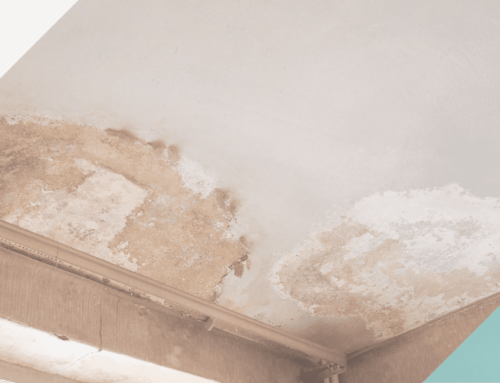The Covid-19 pandemic has been a difficult time for everyone worldwide. In a period filled with uncertainty and ever-present restrictions, it has been almost impossible for some to pay their basic bills and rent.
Considering the threat of Covid-19 on businesses, the government decided to temporarily suspend commercial rental payments back at the end of March 2020. This suspension of payments is known as a moratorium. The moratorium has already been extended and is now due to be lifted on the 30th of June.
A government spokesman has said: “Throughout the pandemic, we have provided an unprecedented £280 billion package of economic support while supporting businesses and high streets, as well as safeguarding millions of jobs. This includes passing legislation to protect businesses from eviction and insolvency if they are struggling to pay rent due to Covid-19 and publishing a Code of Practice to help negotiations between landlords and tenants.”
The moratorium has been a great help to many financially stretched business owners, but it has seen some larger, more profitable businesses take advantage of the moratorium in order to not have to pay their rent. Although this moratorium has brought relief to some, it has others concerned about the large number of hefty rent sums that they will have to pay come the 30th of June. While some businesses have managed to keep afloat amidst stormy economic conditions, others are still occupying their buildings but have gone into liquidation. But even when a business is closed, rental payments can still be due.
Meanwhile, some landlords may rely heavily on rent payments as a form of income and are also financially struggling. They also rely on the rent income so they can pay additional costs that come with owning the building. Indeed, it has been estimated that commercial property landlords are owed a staggering £6 billion in rent arrears since the start of the Covid-19 pandemic with The British Property Federation (BPF) estimating that this figure could reach £7 billion if not dealt with properly.
What should landlords do about the moratorium deadline?
The moratorium has prevented landlords from taking action against their tenants and has limited landlord’s options. Come the 30th of June, landlords will be able to take action to recover their missing rent arrears. Once the moratorium has finished the tenant can forfeit the lease on the grounds of coronavirus and the property can be repossessed. Landlords should get in contact with a solicitor who can advise them of the best course of action to take in order to recover their lost rent payments. If their tenant’s business has gone into liquidation, landlords can take action to remove them from their building once the moratorium ends.
What should tenants do?
Many tenants are anxious about the implications of the moratorium deadline and what it will mean for them. Legally, tenants are required to pay all rental payments to their landlord that were due before the lockdown and after.
The best thing a tenant can do is talk with their landlord as soon as possible. In speaking with their landlord before the moratorium is finished, they may be able to see if they can come to an agreement to help make rent payments more manageable or defer payment to avoid further complications and stress. It is important to note that this is not always possible and that this is at the landlord’s discretion.





